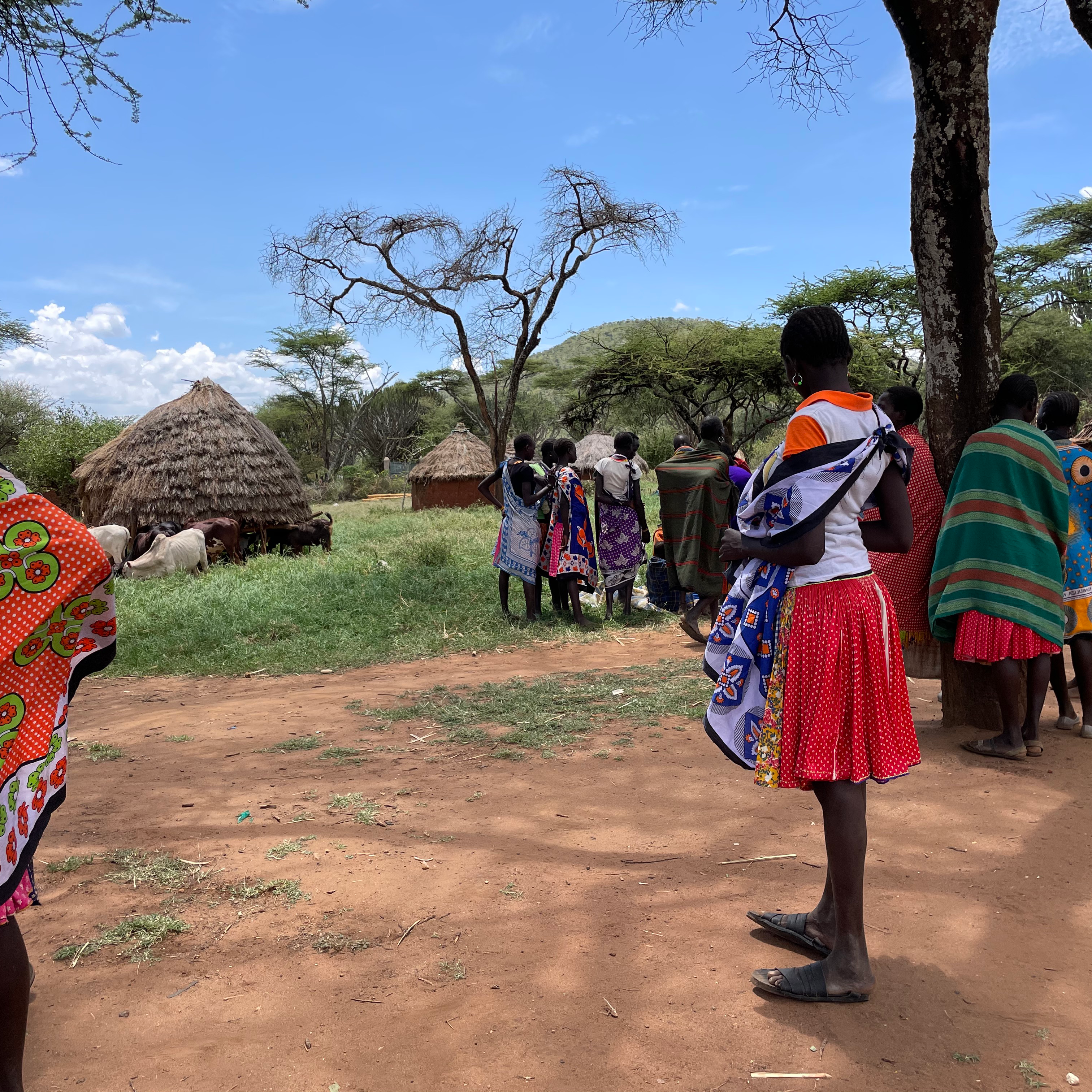Apolou: Understanding the poor’s interactions with market systems and international programming
Feinstein International Center is one of the partners of the Apolou consortium, led by Mercy Corps, in Karamoja, Uganda. The goal of the Apolou program is to achieve a food secure future in the Karamoja sub-region of Uganda through community level governance, sanitation and hygiene, sustainable livelihoods, and prevention of chronic malnutrition.
Feinstein’s work as part of the Apolou project seeks to understand the impacts over time of a shift to an increasingly cash-based economy on different wealth, livelihood, and demographic groups. The Feinstein team is also exploring how changes in livelihoods and aspirations differ according to the intensity of external interventions in different locations. Karamoja has experienced rapid commodification and monetization over the past 10-15 years. Trade has greatly increased, capital has expanded, markets have grown exponentially, and—after long being a no-go region due to insecurity—the area is seen as one with economic and investment potential. Through a mix of qualitative and quantitative research in four districts of Karamoja, Feinstein seeks to shed light on who is doing well in this expanding economic setting, who is not, and why.

Experiences of young women in four districts of Karamoja, Uganda: 2018-2022
This brief investigates the perceptions and experiences of young women related to wealth, livelihoods, and aspirations in Uganda's Karamoja sub-region.

An Analysis of absolute wealth, equality, and food security among households and communities in Karamoja, Uganda
This brief investigates how wealth, wealth equality, and food security have changed in specific villages in four districts in the Karamoja sub-region of Uganda from 2018 to 2021/22.

Changes in and perceptions of wealth, equality, and food security in Karamoja, Uganda
This study aimed to better understand changes in and perceptions of wealth and equality in four counties in the Karamoja sub-region of Uganda.

Market Access and Quality Critical for Food Security in Periods of Stress
This paper describes how market access is associated with household food security and dietary diversity in the Karamoja region of Uganda in 2018 and 2019.

Navigating and Negotiating Livelihoods and the Transition to Adulthood in Karamoja, Uganda
New shocks (such as Covid-19) and persistent shocks (such as livestock and crop disease) caused rapid changes for young men and women in the Karamoja sub-region of Uganda between 2019...

Youth’s Experiences with and Responses to the Livelihood Shocks of Covid-19 and Insecurity in Karamoja, Uganda in 2020
This briefing paper examines how various shocks affected youth in the Karamoja sub-region of Uganda in 2020 and early 2021.

Youth experiences with and access to savings and credit in Karamoja, Uganda
This paper analyzes and investigates young people’s interactions with savings and credit associations and how this contributed to livelihood strategies.

Livestock marketing and gendered decision-making in Karamoja, Uganda
This briefing paper is based on a midline quantitative survey for the Apolou project in the Karamoja sub-region of Uganda.

Life events and markers for young people in Karamoja, Uganda
This briefing paper explores some of the major life events and social markers for young people in the Karamoja sub-region of Uganda.

Innovations and adaptations in youth livelihoods in Karamoja, Uganda
This briefing paper examines the ways in which young people take advantage of emerging livelihood opportunities and respond to shocks.

Apolou Baseline Report: Household Wealth and Market Quality
This report reflects findings from the baseline quantitative study of a four-year research project in the Karamoja sub-region of Uganda. We describe different aspects of wealth, such as animal-related wealth...

“Young people are the fulcrum of the community”: Youth experiences and aspirations in four districts of Karamoja, Uganda
This report presents findings on the experiences and aspirations of male and female youth as they interact with the economic and aid systems in the Karamoja sub-region of Uganda. This...

